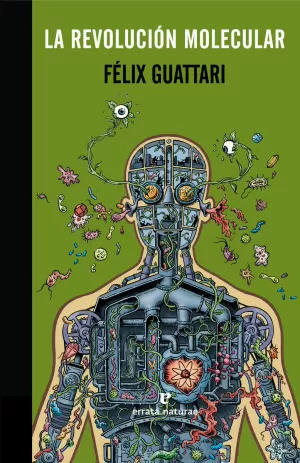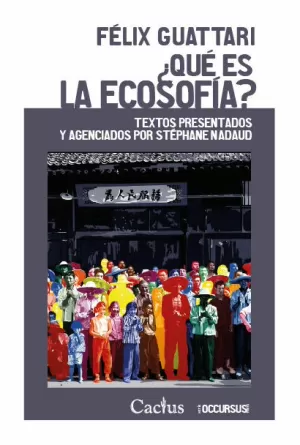CHAOSOPHY, TEXTS AND INTERVIEWS 19721977. (NEW EDITION)
FÉLIX GUATTARI

Chaosophy is an introduction to Félix Guattari's groundbreaking theories of "schizo-analysis": a process meant to replace Freudian interpretation with a more pragmatic, experimental, and collective approach rooted in reality. Unlike Freud, who utilized neuroses as his working model, Guattari adopted the model of schizophreniawhich he believed to be an extreme mental state induced by the capitalist system itself, and one that enforces neurosis as a way of maintaining normality. Guattari's post-Marxist vision of capitalism provides a new definition not only of mental illness, but also of the micropolitical means for its subversion.
Chaosophy includes Guattari's writings and interviews on the cinema (such as "Cinema Fou" and "The Poor Man's Couch"), a group of texts on his collaborative work with Gilles Deleuze (including the appendix to the second edition of Anti-Oedipus, not available in the English edition), and his texts on homosexuality (including his "Letter to the Tribunal" addressing the French government's censorship of the special gay issue of Recherches he edited, which earned him a fine for publishing "a detailed exposition of depravity and sexual deviations
the libidinous exhibition of a minority of perverts"). This expanded edition features a new introduction by François Dosse (author of a new biography of Guattari and Gilles Deleuze), along with a range of added essaysincluding "The Plane of Consistency," "Machinic Propositions," "Gangs in New York," and "Three Billion Perverts on the Stand"nearly doubling the contents of the original edition.
About the Author
Félix Guattari (19301992), post-'68 French psychoanalyst and philosopher, is the author of Anti-Oedipus (with Gilles Deleuze), and a number of books published by Semiotext(e), including The Anti-Oedipus Papers and Molecular Revolution in Brazil (with Suely Rolnik).
Sylvère Lotringer, general editor of Semiotext(e), lives in New York and Baja, California. He is the author of Overexposed: Perverting Perversions (Semiotext(e), 2007).










